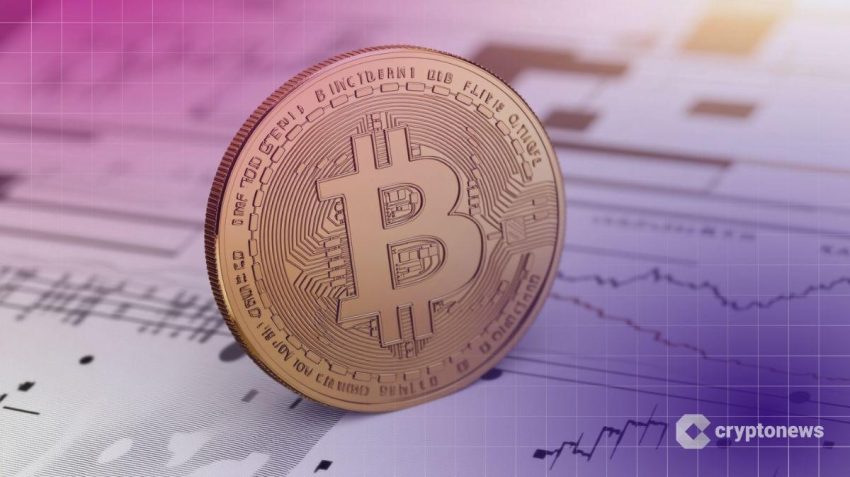Decentralized Finance, or DeFi, has been transforming the world of finance by eliminating middlemen and providing open financial services to everyone. Yet, scalability issues have been a major roadblock to DeFi’s growth. However, the advent of rollup technology is poised to change this scenario. This article delves into rollup technology in DeFi, explaining its significance, advantages, and potential risks.
What is Rollup Technology?
Rollup technology is a layer 2 solution designed to enhance the scalability and efficiency of blockchains. The primary idea behind rollup technology is to aggregate multiple transactions off-chain into a single transaction, which is then processed on-chain. This approach significantly reduces the load on the main blockchain, increasing its transaction throughput and reducing transaction costs.
Rollup Technology and DeFi: A Powerful Combination
Rollup technology holds immense potential in the DeFi sector. The high demand for DeFi platforms often leads to network congestion, slower transaction times, and higher gas fees on the Ethereum network. By offloading most of the computational work off-chain, rollup technology can effectively mitigate these issues, allowing DeFi platforms to handle more transactions more swiftly and at a fraction of the cost.
Types of Rollups
There are primarily two types of rollups: Optimistic Rollups and ZK-Rollups. Both types aim to enhance scalability but use different methodologies. Optimistic Rollups use a system of fraud proofs to ensure the validity of transactions, while ZK-Rollups use zero-knowledge proofs, a cryptographic method that allows one party to prove to another that a statement is true, without revealing any information beyond the fact that the statement is indeed true.
Practical Tips
-
Before investing in DeFi platforms that utilize rollup technology, conduct thorough research to understand the underlying technology.
-
Keep an eye on transaction fees. Rollup technology reduces transaction costs, but it’s still important to be aware of the fees involved.
-
Consider the security of the rollup solution. Optimistic Rollups and ZK-Rollups have different security models, so understand these before making your investment decision.
FAQ
What is the advantage of rollup technology in DeFi?
Rollup technology enhances the scalability of DeFi platforms, allowing them to process more transactions faster and at a lower cost.
What’s the difference between Optimistic Rollups and ZK-Rollups?
Optimistic Rollups use a system of fraud proofs to validate transactions, while ZK-Rollups use zero-knowledge proofs for the same purpose.
Are there any risks associated with rollup technology in DeFi?
Like any technology, rollups also have potential risks, such as bugs in the rollup smart contract or the risk of centralization in the hands of rollup validators.
Rollup technology is a promising solution to the scalability issues plaguing the DeFi sector. As with any investment, it’s important to understand the technology and its implications thoroughly. Remember, informed decisions are always the best ones.
